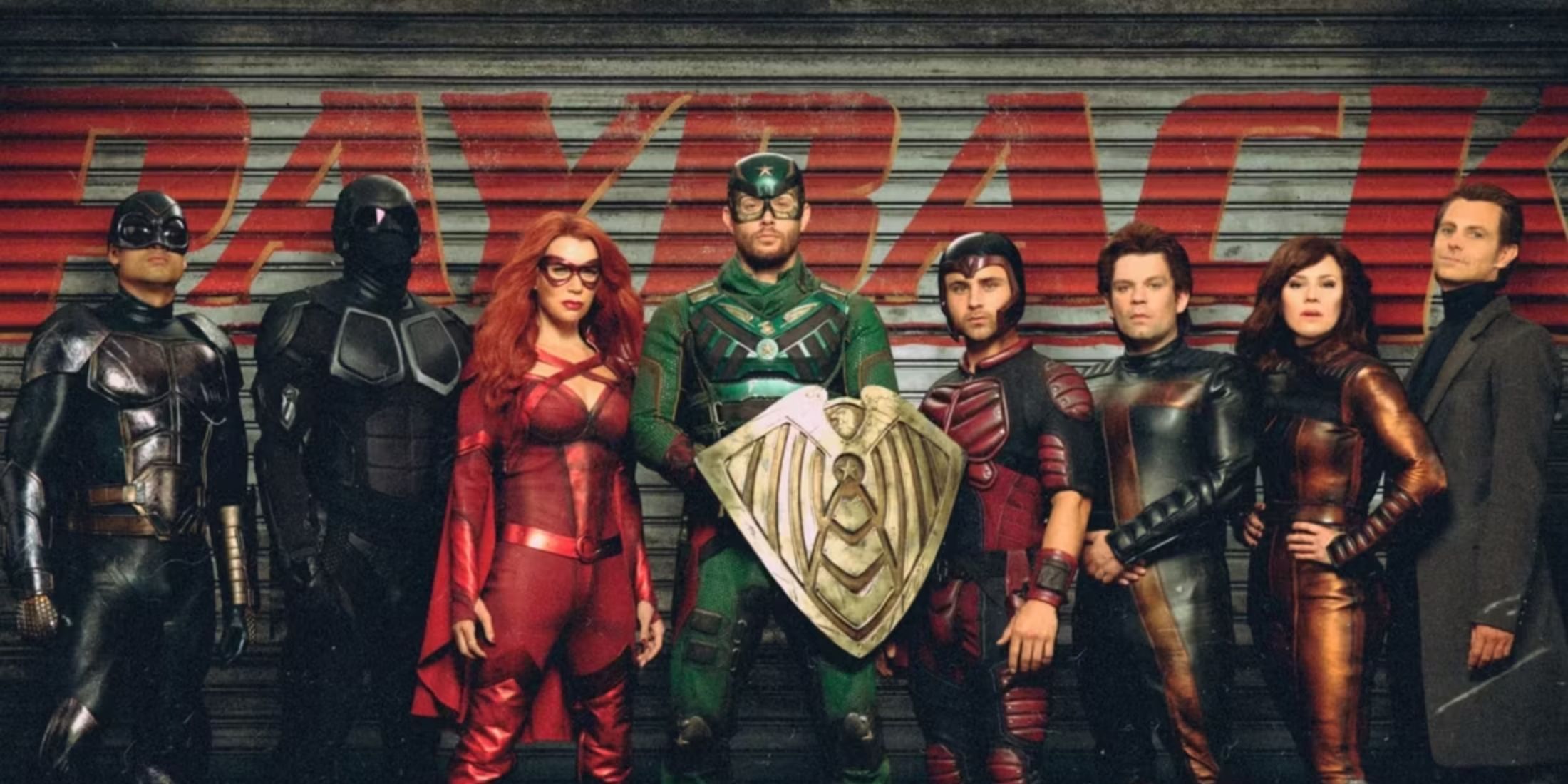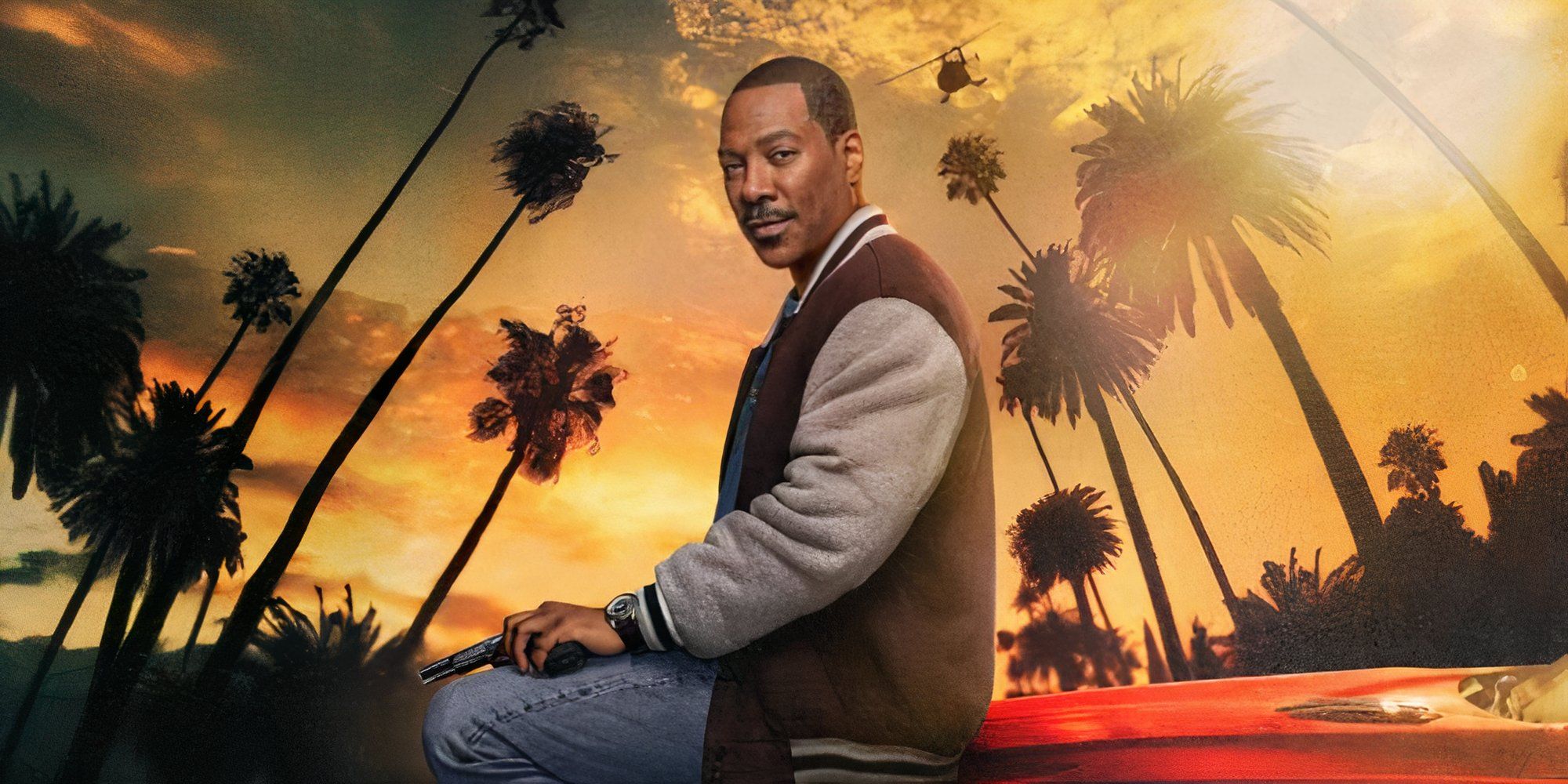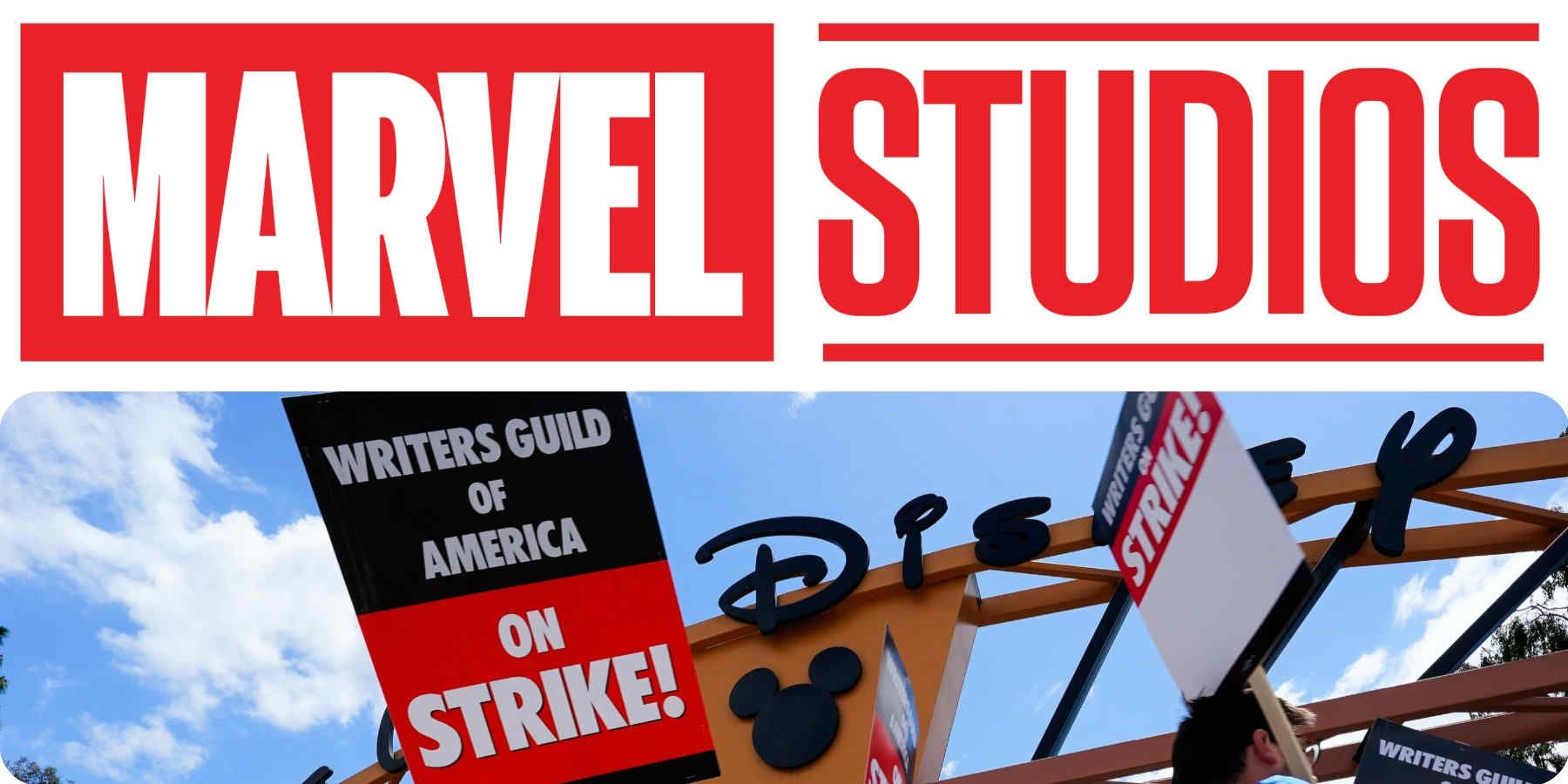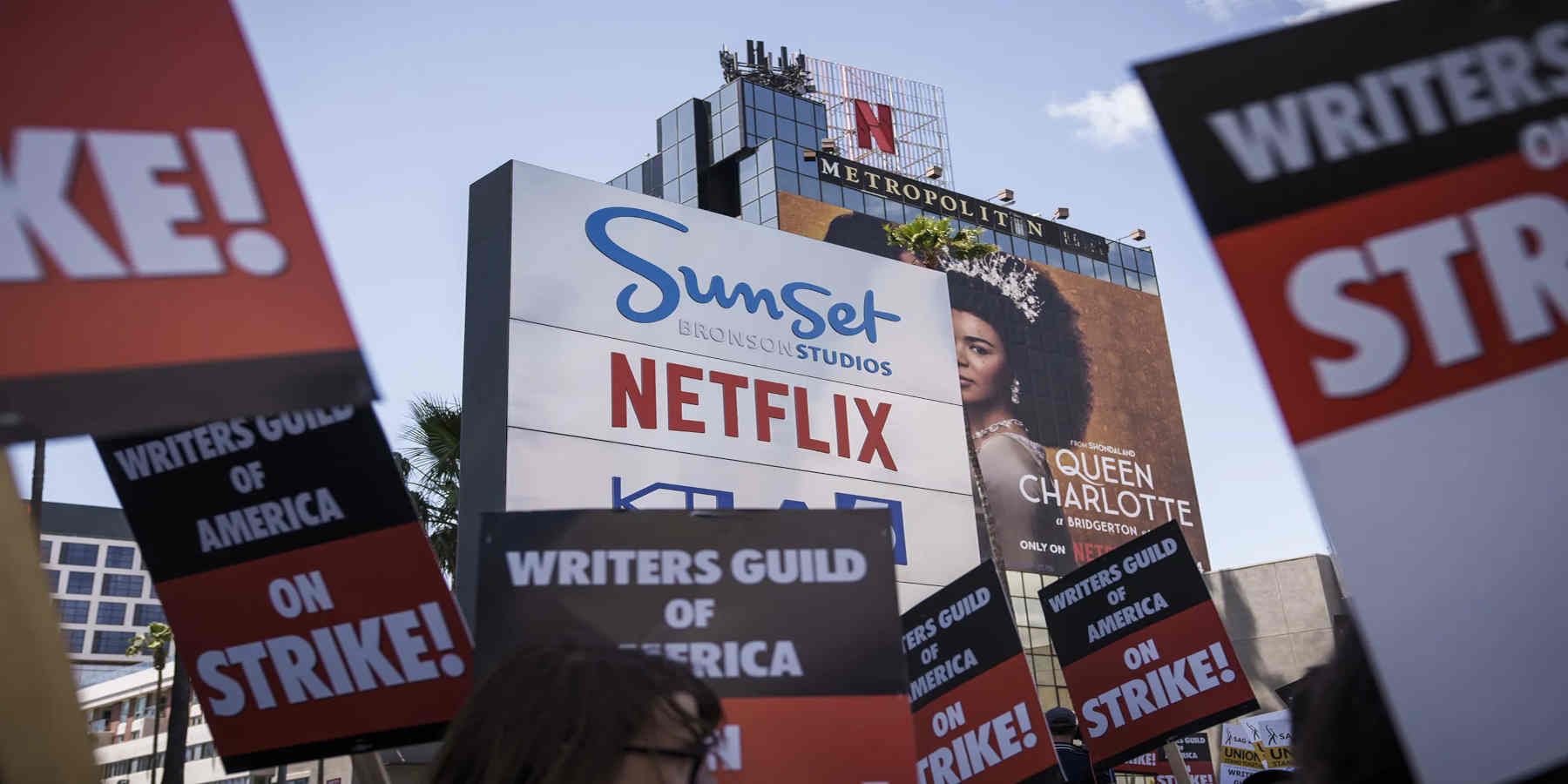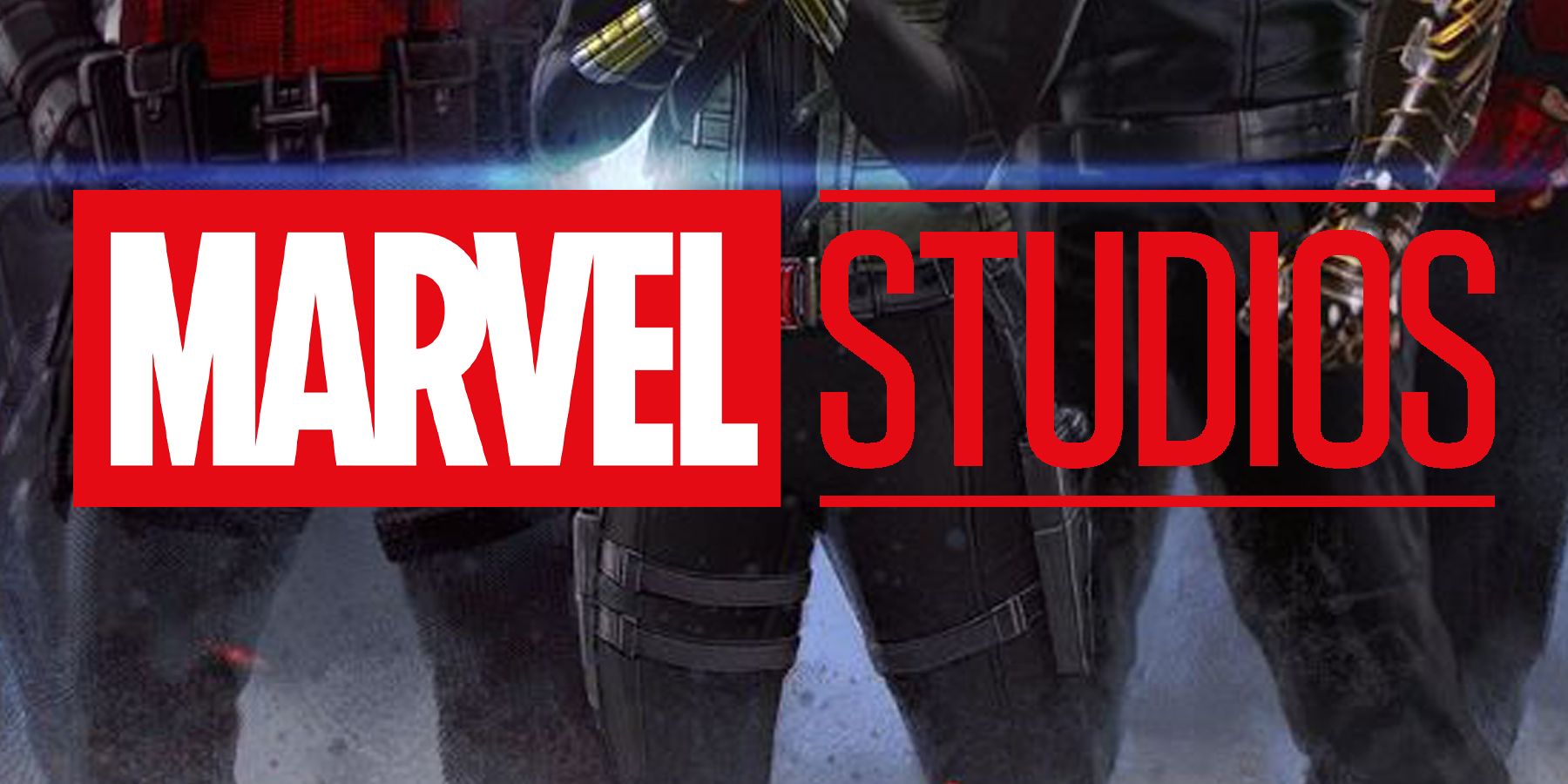The 2023 Writers Guild of America strike is really putting a spotlight on many issues within the industry, especially when it comes to the frustrating way Marvel handles scripts for its movies. Fans can’t throw a stone into the Marvel Studios without hitting at least one of its many prolific writers. Making blockbuster movies like Guardians of the Galaxy Vol. 3 and Black Panther: Wakanda Forever require whole teams of writers for a variety of reasons. People like Nicole Perlman (Captain Marvel) and Jac Schaeffer (WandaVision) create complex scripts and put together important plot points.
More importantly, though, they make sure that each new storyline fits the bigger vision that folks like Kevin Feige and Louis D'Esposito have for the Marvel Cinematic Universe. So, it’s confusing that such a well-oiled machine continually makes the same annoying mistakes when creating scripts for new movies. The MCU has faced many critiques about being too silly or being overly reliant on CGI. However, people have a bigger issue with Marvel’s tendency to rewrite scripts after the movies they’re for have already started filming. While this problem has been swept under the rug for many years, the Writers Guild of America is using the Writers Strike to force it into mainstream conversation.
The 2023 Writers Strike, Explained
Certain things stand the test of time and never change, like the sun shining or Marvel undercutting poignant moments with cheap jokes. One of those things is how companies become stingier with paying their employees as they make more money – hence, the Writers Strike. Being able to stream Marvel movies is a wonder that no one could’ve predicted even ten years ago. Yet, access to a plethora of TV shows and movies is now at the fingertips of anyone with a subscription to services like Hulu, Disney Plus, Netflix, and HBO Max. The problem is that the industry standard of paying writers hasn’t evolved along with the technology of entertainment.
They still rely on residuals, payments received on a quarterly basis for the scripts they help make, generated every time that content generates ad revenue with reruns. This wouldn’t be such a bad thing if the shift to streaming didn’t mean writers earn significantly less since viewers can watch their favorite content whenever and often without ads. The onus of responsibility lies with studios like Marvel to make sure the writers working on scripts for their movies are fairly compensated for their work. Instead, big studios are pulling in even bigger amounts of money and the writers are being shafted in the process.
That’s where the Writers Stike comes in. Marvel is allegedly one of many studios with a bad habit of not paying writers their worth. Studios for streaming services pull in billions of dollars per year from around the world. Disney Plus, alone, made over $7 billion in 2022 generating shows for companies like Marvel and Star Wars. Yet, they happily benefited from the average residuals of writers decreasing from $13,000 - $20,000 per quarter to around $700 to even as low as $23. Then they started deliberately cutting corners by removing TV shows and movies from streaming services to avoid paying anything in residuals.
The Writers Stike is demanding fair pay for writers, as well as fair treatment of the scripts they help create. Moreover, a studio used to wait until the success of the pilot episode before building a writers’ room. Now, they build mini-writers’ rooms and have writers create multiple scripts with the hopes of getting a show picked up. The Writers Strike is also fighting for the fair compensation of writers who put in the hours even if the show they’re making scripts for doesn’t make the cut. What does this mean for Marvel and the methods it employs when it comes to scripts for its movies?
Marvel Needs To Finish Scripts Before Shooting
Marvel fans have, unfortunately, become familiar with a running theme: changes to the scripts in the production stage of projects. TV shows and movies alike can literally be in the middle of filming when Marvel executives and others working on the project decided to make changes to the scripts. Back in 2019, Director Anna Boden described how this chaotic method disrupted her own process while shooting Captain Marvel. Michelle Pfeiffer struggled with the daily changes to scripts during her performance as Janet Van Dyne in Ant-Man and the Wasp. Then there’s Elizabeth Olsen, who gave up entirely on reading the scripts while reprising her role as Wanda Maximoff/The Scarlet Witch in Doctor Strange in the Multiverse of Madness.
It’s understandable that changes happen in the process of shooting, but only to a certain point. If fans are persistent enough, they’ll find whatever spoilers they can for information on new Marvel projects. It’s not worth hiding the contents of a script from the very people bringing them to life as it sacrifices quality in ways fans find disappointing. Fitting new stories into the larger cinematic universe is hard work even without doing so while trying to dodge leaks and avoid spoiling fans. The Writers Strike is putting the industry on pause in protest of subpar conditions like the ones Marvel has created for its writers. They work hard, but they shouldn’t have to do so under such tiring circumstances while also being severely underpaid.
To be fair, Marvel hasn’t exactly been twiddling its thumbs. The studio is reportedly in the process of trying to right wrongs committed around scripts for recent movies like Ant-Man and the Wasp: Quantumania. However, their efforts aren’t exactly going toward fixing the bigger issue of constantly interrupting the making of movies to change their scripts. In fact, it’s allegedly the reason for more production delays of the new Blade movie starring Oscar-winning actor Mahershala Ali. Such ill-advised practices have never been an industry secret. But there’s a common misconception that anyone working in Hollywood is rich and, therefore, exempt from conversations around wages. The Writers Strike is disputing this by letting people know that writers in the entertainment industry are just as vulnerable to greedy employers as anyone else.
Marvel making constant changes to scripts is problematic, but allegedly underpaying its writers to make those adjustments is the real problem. The Writers Strike is trying to change the industry standard and, if they succeed, will ultimately improve the conditions of Marvel writers. The good thing about any union is its ability to fight for workers’ rights. When employees need support, union managers show up to ensure they have it. When employers like Marvel forget that they’re nothing without their employees, unions like the Writers Guild of America show up to remind them. Only time will tell whether it takes, or if Marvel fans will continue to be disappointed by the same old mistakes.

